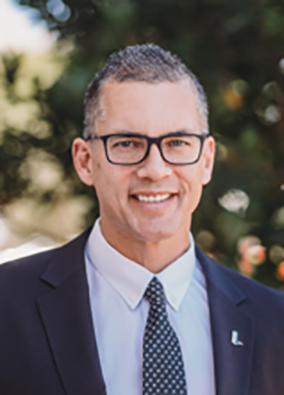In Fraud, Don’t Trust
February 21, 2022 by agutting@reviewjournal.com
Filed under Conversation
By Craig Kirkland, EVP/Director of Retail Banking, Nevada State Bank
Beware of those who would take advantage of our fears in a desperate bid to separate us from our money.
Our shared humanity makes it natural to trust and believe in others. However, it’s important to remember that a small percentage of people want to separate us from our money. And while technology allows us to connect with each other more easily, it does not sift out those who would do us emotional and financial harm.
Not long ago, a family member asked me for help wiring money to get another relative out of jail. The story was that my relative was traveling internationally — and was driving with someone when the police stopped and jailed them because they found a small amount of marijuana. The fraudster had enough information to call my family member and convince them that our relative was in peril. Knowing it was fishy, I called the phone number they gave — and after a couple of brief questions, they hung up on me. I then called the relative they claimed was in trouble. He was at work as usual and had not traveled out of the country. They wanted $4,000 and were very close to getting it.
In another instance, I received a voicemail message saying my power was going to be cut off for non-payment and giving me a number to call so I could send the payment immediately. I knew it was fraud, but I decided to call and see what would happen. When a man answered, I asked simply, “Why are you doing this and taking advantage of people?” After about three seconds of silence, he hung up.
Fraudsters prey on our fears — fear of missing out, fear of past due payments, fear of IRS audits, fear of relatives in trouble. They prey on our greed, our lack of sophistication, and our declining cognitive skills as we age. They prey on our desperation due to some financial struggle or they feed on our need for companionship and desire for romance.
Remember the old adage that if something seems too good to be true, it is. Maybe in a parallel universe, strangers are contacting you to give you money and free things, but not in this space and time. Educate yourself on how to help protect yourself and your loved ones. The Consumer Financial Protection Bureau’s website (consumerfinance.gov) includes information on a variety of frauds/scams and how to avoid and detect them. Be careful out there!






